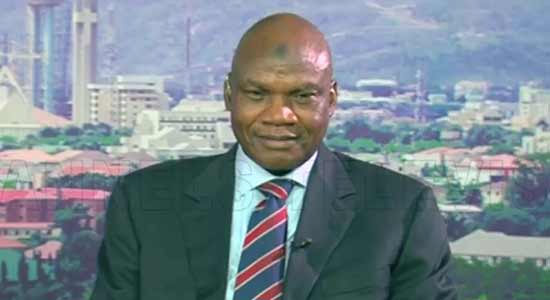By Milcah Tanimu
The federal government of Nigeria has refuted claims that it intends to sell the nation’s public universities to private investors. This clarification was made by the Minister of Education, Professor Tahir Mamman, during the Second Quarterly Engagement with heads of units and chief executive officers of parastatals and agencies under the ministry on Tuesday.
Addressing the concerns, Professor Mamman explained that part of the current administration’s reforms includes a policy known as transnational education. This initiative aims to open up Nigeria’s tertiary education sector to international investments, allowing global entities to contribute to the development of the nation’s educational system.
According to Naija News, the minister emphasized that the government is not planning to sell off public universities but is rather fostering a public-private partnership to enhance the sector. He described the rumors as unfounded and stressed the administration’s commitment to supporting public institutions.
“There is no plan to sell off universities to investors,” Professor Mamman stated. “Some people are spreading misinformation that the Federal Government is selling its universities to private investors. This is completely false.”
He highlighted the importance of private sector involvement in the provision of tertiary education, noting that Nigeria already has more private universities than public ones. The government’s goal, he explained, is to make the tertiary education system globally competitive by inviting international universities to either set up their own institutions in Nigeria or collaborate with local universities.
Professor Mamman clarified that this approach is not about selling the institutions but about adopting international best practices and standards. He pointed out that countries in Asia have greatly benefited from having international institutions, which have elevated educational standards and brought economic benefits.
“In other parts of the world, like Asia, they have benefited immensely from having international institutions in those countries,” he said. “They have taken standards to those countries and also for the exchange and bringing money to those countries.”
The Minister concluded by reiterating that guidelines on transnational education have been in place and that the government’s reforms are aimed at improving the quality and competitiveness of Nigeria’s tertiary education sector.





